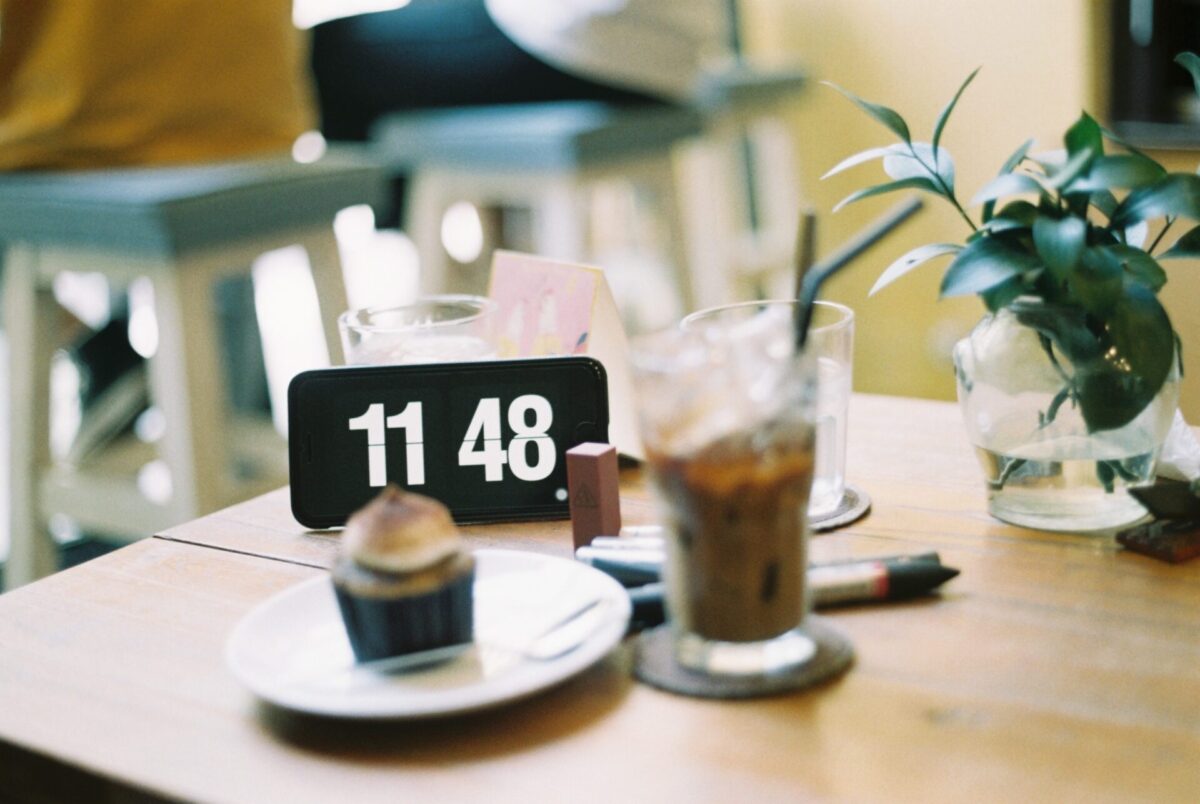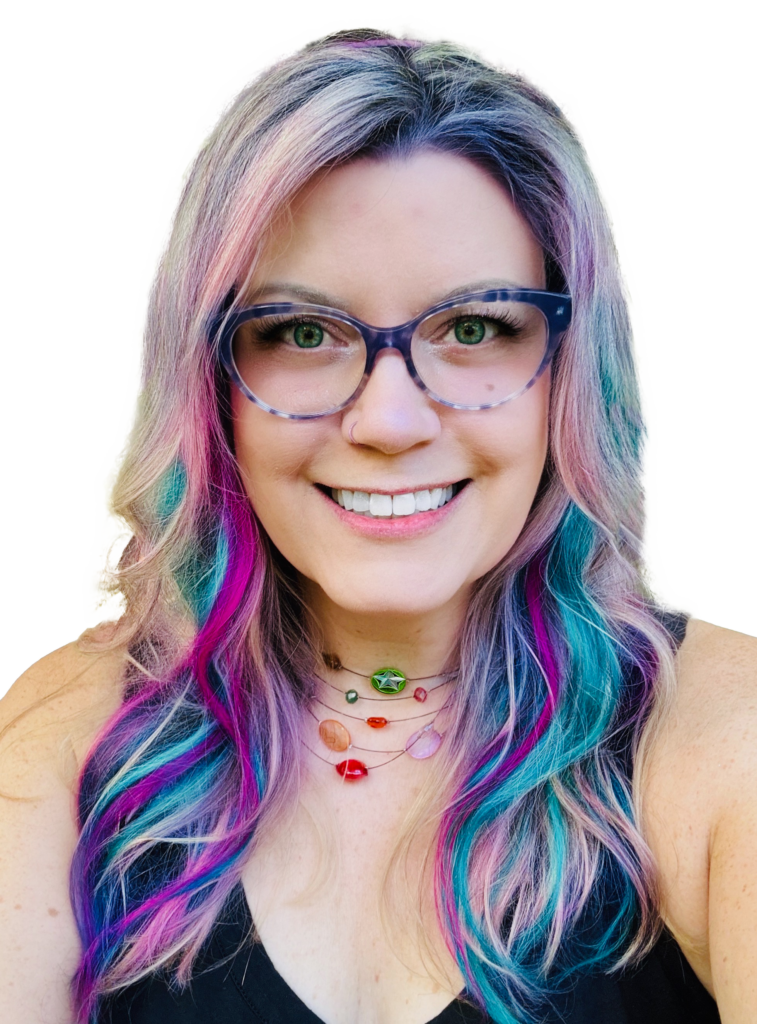What’s the best time for journaling? Whenever you’ll actually do it.
One of the hardest parts of keeping a journal is just that: keeping it. Making rules about how and when, especially in the beginning, will just create unnecessary road blocks for you and hamper your progress.
As you become more dedicated to the act of journaling, and writing is no longer an act of discipline but one of desire, you may benefit from experimenting with journaling at different times throughout the day. For example, if you usually write before bed, try writing first thing in the morning for a week and see what happens. You may find it helps you be more effective in your daily tasks. Or you may find that journaling is a waste of time until you’ve downed four shots of espresso.
You could also mix it up and substitute one long session for multiple small ones. Perhaps you’d rather bookend your days with two brief entries, one at the beginning and one at the end.
I write in the morning. I started writing in the morning around 1995, when I first dedicated myself to the 12 week program in The Artist’s Way by Julia Cameron. One of the foundational tools of the program is “morning pages,” three pages of stream-of-consciousness, written longhand, immediately upon waking.
I altered her rules right from the beginning; I found journaling a waste of time until I’ve downed four shots of espresso. So I started each day half an hour earlier than normal, at the café, where I wrote my three longhand pages of brain dump. After completing the 12 week program, I couldn’t imagine abandoning the practice that had become an integral part of my day. So I eliminated the three-page limit and kept at it.
I occasionally write at other times during the day, but only as a supplement to my regular AM journaling.
Journaling in the morning has proven my favorite time for several reasons:
Morning is the time of day you have the most control over.
Nobody in their right mind will make plans with me at 6 AM, nor expect anything from me at that hour. Emergencies rarely surface first thing in the morning. The café is on my way to work, so I walk right by it anyway.
I’ve found even the tiniest barriers can keep me from doing something I otherwise want to do, so I’ve attempted to eliminate as many of these roadblocks as possible. Interruptions from others and difficulties getting to the café where I write are two common traps for me. They are least likely to strike early in the morning.
Journaling in the morning sets the tone for your entire day.
I am able to decide what kind of day I want to have, where I’d like to focus my energies, and what kind of intentions I’m willing to send out into the world – before I have to be a part of it. My journaling acts like a mini dress rehearsal for the next 24 hours.
You haven’t been influenced by outside forces yet.
For the type of journaling I like to do in the morning, it’s essential to have a blank slate. So I don’t check my email before sitting down to write. I don’t read the newspaper. And I don’t talk to anyone except the barista that grants me my fat Americano.
As a result, my writing tends to be either “big picture” journaling, or exploration of a problem gnawing at me the previous day that I’ve had a chance to sleep on.
You can journal again later, too.
If an urgent problem arises that I need to trouble shoot, or my mood takes a nosedive and needs to be explored, I can still grab my journal and figure things out. But if I wait until night time to write, I may get distracted, run out of energy, or simply forget – and that means not writing at all that day.
Self-care becomes a priority for the day.
Starting the day with a luxurious focus on your well-being and personal growth reminds you of the importance of self-care. In order to help others and live fully, I need to take care of myself first. Dedicating an hour every morning to reinforcing myself prepares me to go out into the world energized and able to focus on others.
Those are the reasons I write in the morning. Morning journaling works perfectly for me and it’s easy for me to maintain. If you’re not a morning person, that likely sounds like cruel and unusual punishment. Which is why it’s essential that you find the time of day that works best for you.
For quite a while, I wrote extensively before going to bed, conducting a “day in review” that helped me mull over the events of the day while they were still fresh and make notes about how I wanted tomorrow to be. It helped me unload the day and go to sleep unburdened. But now I run in the evening which has the same effect and leaves my mornings open for self-indulgent café sessions.
You may also find you have time during the day you could put to good use – perhaps your lunch break at work, for example. Most people I know eat at their desk while surfing the internet. You could easily use that time for some journaling.
Nothing speaks dedication to the craft like pages punctuated with mustard. My notebooks are simply bursting with caffeine-addled Rorschach inkblots.
If your schedule is flexible, try experimenting with journaling at different times of day. Discover which provides you the best outcome, whether it’s planning your day, reflecting on it, or making adjustments mid-stride.
Day or night, the most important part is that you get it done.




